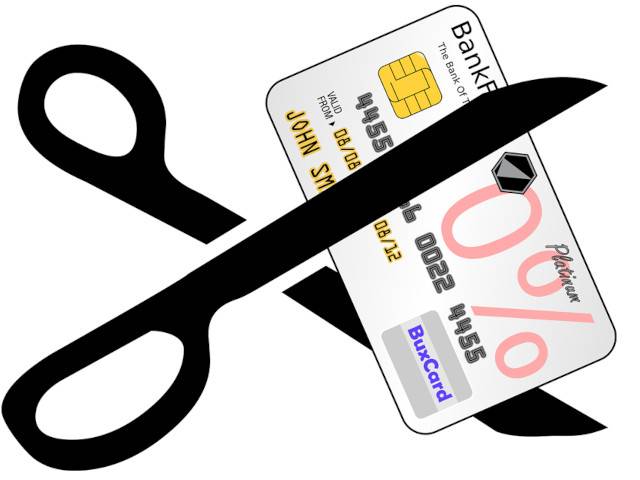5 Tips to Tackling Debt in 2022

5 Tips to Tackling debt in 2022
Bad debt can be like a bad relationship; even when it's over, it can still take time to completely separate yourself from it.
And just like with bad relationships, we often think we're alone in dealing with it, when the truth is, we're surrounded by more support and empathy than we think.
If you're looking to make a fresh start in 2022, tackling any existing debt you may have is one of the fastest ways to completely renovate and refresh your outlook on life.
Here are 5 ways to make that happen.
1. Create a budget
Creating a budget is the first thing you should do if you haven't already got one.
A budget doesn't have to be exhaustive or complicated, but it must include:
● Your income (e.g. salary)
● Your necessary expenses (e.g. rent)
● Your debts (e.g. a personal loan)
● The frequency of the above (e.g. weekly salary, fortnightly rent, monthly loan payments)
This will give you an overview of your finances, the money coming in and the money going out of your account, and how often. Once you've done this, you'll be able to tackle the next steps with much greater ease.
2. Understand financial products and lenders
If there's one tip that sounds infinitely less valuable than it truly is, it's this.
Understanding financial products isn't about studying finance or putting yourself to sleep reading about every single loan product, it's simply about understanding how they work, and ensuring any future financial decision you make is fully informed.
The three best things to start with are:
● How secured and unsecured loans work
● How debt consolidation loans work
This helps with two crucial aspects of your financial health:
1. Understanding the quality of your existing loan/s or debt/s
2. Identifying a better deal that is more suitable for you.
3. Simplify your existing debts
Debt and the issues it can bring are complicated enough as it is, so any opportunity to simplify your debts can be incredibly valuable when tackling them.
One of the most common approaches is to consolidate your existing debts by using a debt consolidation loan, which is essentially a personal loan that gives you a better deal than your existing debts combined.
This could be:
● Cheaper total repayments
● Cheaper regular repayments
● One payment date instead of multiple
● A shorter or longer-term loan
● Lower fees (or none at all)
● All of the above (ideally!)
If you have multiple debts that require separate repayments at various, different frequencies, keeping track of them can become as convoluted as the first half of this sentence.
Instead, simplify your debts into one loan with one repayment amount and payment date.
4. Create saving opportunities
If you've simplified your debts and have a clear, basic overview of your finances, you can look at any regular expenses that may not be considered necessities. This also makes it surprisingly easy to find areas where we can create opportunities to save.
And of course, everything is relative. If that second coffee is your one special treat that means the world to you? Keep it, and find a different area to save in.
Budgeting and tackling debt isn't about suffering; it's about finding out what really makes you happy, and how to get value from your money to always feel that way.
5. Compare, compare, compare
Whether this tip applies to your current situation in finding a debt consolidation loan, or to your future situation in applying for a home loan or other form of finance, comparing your options is taking all of the information you've learned above and applying it to your life.
Once you know what to look for, and what to avoid, it's far easier to find a better deal when it arises, and much harder to slip back into unmanageable debt.
What to do if you're struggling with debt
If you or someone close to you is experiencing problems with debt, it's important to know that help is available.
You can call the National Debt Helpline on 1800 007 007 to receive free, independent financial counselling that could help you create a budget and sort out your debt.
The helpline is open from 9:30 am to 4:30 pm, Monday to Friday.
MORE



